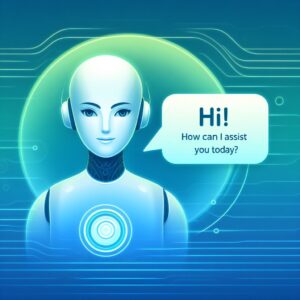In recent years, healthcare has changed dramatically around the world. The COVID-19 pandemic has exposed not only the challenges facing the healthcare sector, but also the urgency to develop innovative solutions to optimize healthcare and accelerate medical research. In this context, AI is emerging as a breakthrough technology, including the use of AI chats and semantic vector search. These two developments are revolutionizing the way we deal with medical issues, and they have the potential to strengthen our healthcare system in these uncertain times.
The pandemic has shown us how important it is to ensure effective and fast communication in healthcare. In many cases, access to medical professionals was severely limited, and patients increasingly sought online-based solutions. That’s where AI chats come in. These smart chatbots can provide real-time medical information, answer questions, and even help make appointments. At a time when social distancing and quick responses to health issues are critical, AI chats provide invaluable support.
 But it’s not just patient care benefits from these innovative technologies. Semantic vector search has fundamentally changed the way medical researchers discover and use knowledge. Amidst a flood of scientific articles, clinical trials, and databases, semantic vector search allows researchers to find relevant information faster and identify connections between different studies. Not only does this speed up the research process, but it also has the potential to drive breakthroughs in the treatment and prevention of diseases, including COVID-19.
But it’s not just patient care benefits from these innovative technologies. Semantic vector search has fundamentally changed the way medical researchers discover and use knowledge. Amidst a flood of scientific articles, clinical trials, and databases, semantic vector search allows researchers to find relevant information faster and identify connections between different studies. Not only does this speed up the research process, but it also has the potential to drive breakthroughs in the treatment and prevention of diseases, including COVID-19.
AI Chats in Medical Consultation
Eine neue Studie, veröffentlicht in JAMA Internal Medicine und geleitet von Dr. John W. Ayers vom Qualcomm Institute an der University of California San Diego, gewährt einen ersten Einblick in die Rolle, die KI Assistenten in der Medizin spielen könnten. die Forscher stellten sich die Frage, ob ChatGPT präzise auf Fragen von Patienten antworten kann. Diese Frage war entscheidend, um herauszufinden, ob KI Modelle in das Gesundheitssystem integriert werden können, um die ärztliche Beratung zu verbessern und die Arbeitslast der Ärzte zu verringern.
Furthermore, AI can be used in many different ways in healthcare:
Automate administrative tasks with AI
AI is being used to automate manual workflows and operational tasks in hospitals and medical facilities. Machine learning is used to predict which patients are likely to need the most care and support. This allows doctors and nurses to focus their time on the patients who benefit most from their attention. In addition, AI algorithms are used to identify diseases and medical conditions from images such as CT scans, MRIs, and X-rays.
 AI-assisted diagnosis and treatment
AI-assisted diagnosis and treatment
One of the most obvious applications of AI in healthcare is its assistance in diagnosis and treatment. AI algorithms can systematically review patient records and medical information to help doctors make informed decisions. AI can help doctors diagnose diseases by extracting relevant information from patient records and comparing it to clinical trial results. This leads to better-informed decisions about treatment. In the future, AI could also play a role in the development of new clinical trials and therapy recommendations.
AI-Assisted Drug Discovery
AI can help researchers find new drug candidates and speed up the drug development process by sifting through large amounts of data, including medical research, genetic information, and health records, to identify patterns and compounds that could point to new drug candidates. This accelerates the discovery of new treatment options and can lead to breakthroughs in medicine.
Healthcare is facing unprecedented challenges, and recent developments in medicine and technology are opening up innovative ways to improve healthcare. The integration of AI chats not only improves communication between patients and doctors, but also increases efficiency in healthcare. These intelligent chatbots are a valuable support at a time when access to medical advice is crucial.
Semantic vector search, on the other hand, has revolutionized research in healthcare. It enables researchers to access relevant knowledge faster and make breakthrough discoveries in medicine.
Overall, these developments show that AI technologies have the potential to strengthen and improve healthcare. It is crucial to continue researching these technologies and testing them in practice to ensure that they can reach their full potential.
Want to learn more about how AI is revolutionizing healthcare? Or are you looking for ways to introduce AI technologies into your medical facility? Contact us today to explore your options and help shape the healthcare of the future. Together, we can develop innovative solutions that promote patient well-being and healthcare efficiency.







